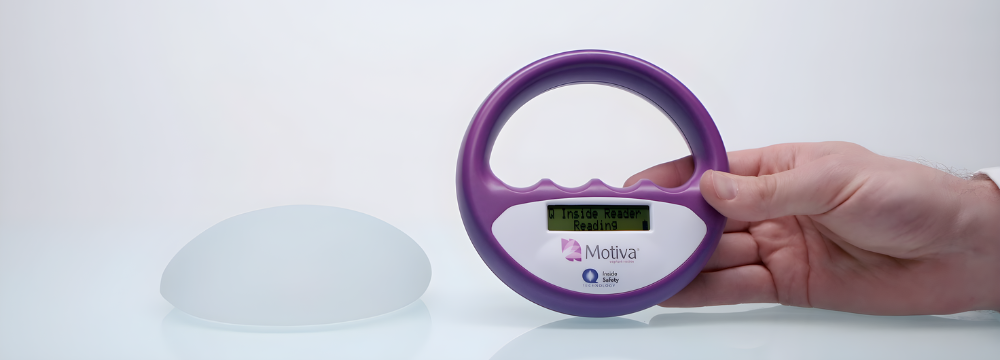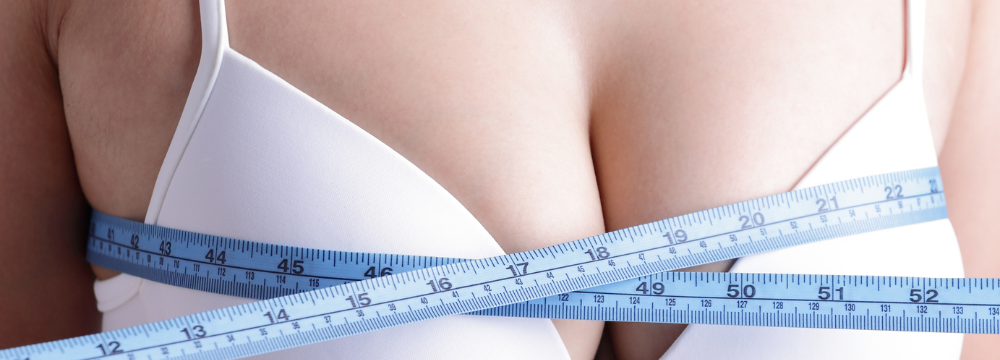Is there a weight restriction to have Plastic Surgery?
Yes. To ensure your health and safety, our Plastic Surgeons recommend being within a healthy Body Mass Index (BMI) range prior to having any surgical procedure. In this blog, we’ll delve deeper into the significance of BMI in plastic surgery and why it plays a crucial role in determining your eligibility for certain procedures.
What is Body Mass Index?
BMI or Body Mass Index is a calculation of how much body fat you are carrying on your body frame. To calculate your BMI, visit the Heart Foundation BMI Calculator.
During your initial assessment with CosMeditour, your weight, height, and BMI will be discussed in relation to how this may impact your safety and surgical results.
If your BMI is considered too high, we may ask you to work toward a lower BMI before you can proceed with surgery.
What does my BMI need to be for surgery?
BMI requirements vary by procedure and Surgeon. Your BMI will be assessed on a case-by-case basis during your Assessment with the CosMediTour Client Support team.
Some of our Plastic Surgeons will not accept clients that have a BMI under 17 or a BMI over 30. Your Client Support Specialist will provide you with personalised advice on what your BMI should ideally be to align with your desired procedure and the specific Surgeon’s recommendations.
If you are a Weight Loss client, your BMI must be between 35 and 50.
What Should My BMI Be For Gastric Sleeve Surgery?
If you are a Gastric Sleeve client, your BMI must be between 35 and 50.
Why can’t I have surgery if my BMI is considered too low or too high?
At CosMediTour, our client’s health and safety is our priority. We love to work with our clients to help them achieve their goals, however, we do not move ahead with surgeries that are considered unsafe, and that is why your BMI is always considered when we discuss surgical options.
The reason our Surgeons will not accept clients with a BMI considered higher or lower on the scale, is due to the potential for associated health risks and the increased chance of substandard results. Being at a healthy weight prior to surgery typically means that you are more likely to have a better surgery outcome, recovery and healing time.
Clients with a BMI that’s considered too low are more likely to experience surgical complications such as rippling due to a lack of tissue and an overly ‘fake looking’ result from breast implants.
Clients with a BMI that’s considered higher are more likely to experience infection during recovery after surgery.
I’m on a weight gain or loss journey. When can I start my surgical assessment?
If you’re in the process of reaching your goal weight, you’re one step closer to being eligible for surgery. However, it’s only when you have reached your goal weight that we can start your surgical assessment process.
Losing or gaining weight will affect each person’s skin differently. Therefore, the procedure or technique that you require may change after your weight loss or gain has occurred.
For tools and tips on your weight management journey, visit the Heart Foundation’s Healthy Weight Action Plan.
Disclaimer: Please note any information provided should be used only as an information guide and not CosMediTour giving advice. Please ensure you do your own valid surgery research and seek advice from a general practitioner to enable you to be fully informed about surgery.










